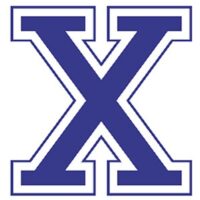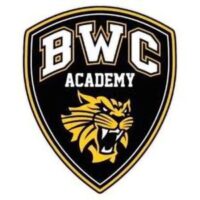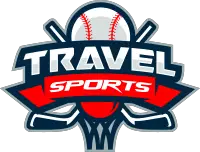
Hey Travelsporters!
Hard to believe this is our tenth newsletter. Thank you for being a part of the Travelsports community. Be sure to spread the word about Travelsports to those looking for information related to youth and adult sports!
We are always looking for way to improve our newsletter. Have any tips or recommendations or want something featured in the newsletter, please send us a note to info@travelsports.com. Your feedback is greatly appreciated!
– Team Travelsports
The Role of Parents and Coaches in Youth Sports – Ways to Provide Support
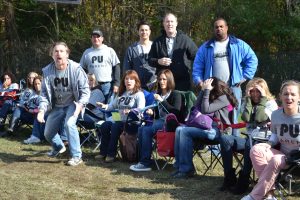
Parents play an important role in the development of their kid’s athletic career. Parents are kids’ main mentors on and off the playing field. Their influence helps with an athlete’s skill development, emotional support and helping them cope with winning and losing. There are a number of strategies parents can use to help their kids have a successful athletic career.
According to Believe Perform, parents can help encourage their kids to develop self-awareness of the skills they’ve learned. This can be done by supporting them and showing support throughout practice and competitions and asking them how it went afterwards. As a parent, it’s important to give coaches autonomy and put trust in their methods. As long as the coaches’ and parents’ messages are aligned, it will lead to less confusion for the athlete. Additionally, it’s important to provide emotional support whenever your child has a tough match or loss.
Though providing support is essential, it can sometimes be too much. Becoming over-involved could cause stress and increase burnout rates at a young age. To prevent burnout, it’s important to not put too much pressure on winning and success, but encouraging the athlete to do their very best. The importance is that they should always enjoy their sport and additional pressure could cause a decrease in their performance. If you disagree with a coach, it’s important to prevent giving conflicting advice, but to talk with the coach another time so it does not come across as being disrespectful.

Tournament weekends make for lifelong memories. Looking to make your team stand out at your next tournament? Check out Tourney Experience for customized team swag packages. Whether you’re a team manager or a parent, we know your time is valuable. We can help to simplify your tournament experience. Available for all sports!
Hockey
- Big Spring Classic – Manistique, MI – March 17-19, 2023
- CCM Chi-Town Shuffle – Addison, IL – April 21-23, 2023
- Motown Cup Tournament Series – Allen Park, MI – April 28-30, 2023
Lacrosse
- Spring Season Launch Lacrosse Tournament – Farmingdale, NY – March 19, 2023
- Metlife Stadium Spring Classic – East Rutherford, NJ – Mar 31 – Apr 1, 2023
- Maryland Invitational – Glen Burnie, MD – April 15, 2023
- Rip the Duck Lacrosse Tournament – Edwardsburg, MI – April 29-30, 2023
Baseball
- Gene Cusic Collegiate Classic – Fort Myers, FL – Feb 25 – Mar 31, 2023
- Broken Arrow Preseason Blowout – Broken Arrow, OK – March 24-26, 2023
- ETS Sports Easter Egg Scramble – Michigan City, IN – April 6-7, 2023
- 2023 Deep South Rockey City Nationals – Huntsville, AL – April 22, 2023
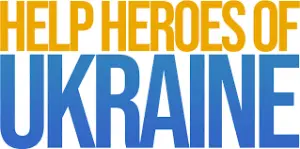
Help Heroes of Ukraine is a charity organization that seeks to provide resources for the people of Ukraine during and after the war with Russia. Their long term mission is to help individuals, families, and communities in Ukraine with food banks, clean water, shelter, access to medical care, clothing and education for those displaced by the war.
Help Heroes of Ukraine is hosting upcoming tournaments in the Chicago suburbs and Florida. All proceeds from the event will be used for renewal of sport infrastructure and recreation centers in Ukraine.
There is still time to sign up and they are still accepting donations!
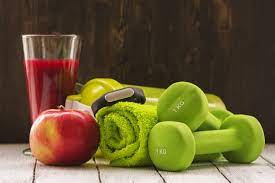

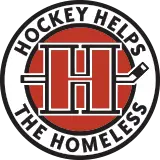

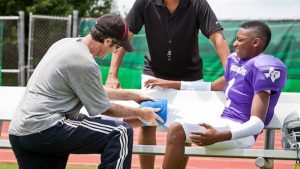
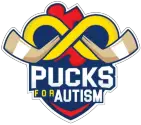
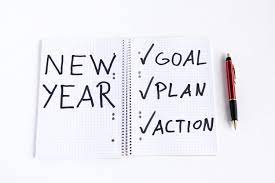

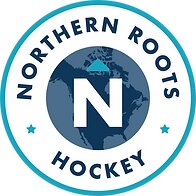




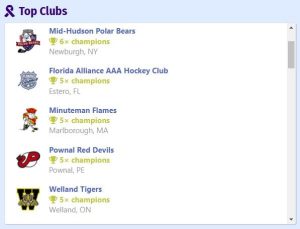
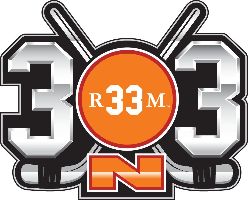
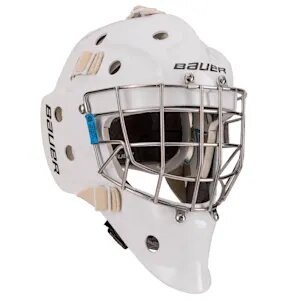


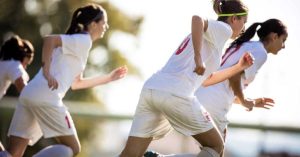

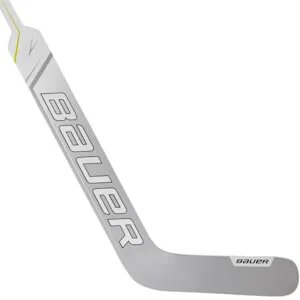
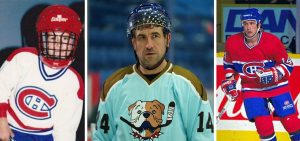
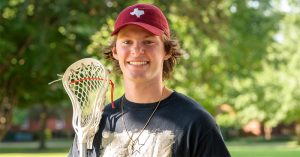
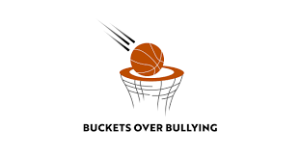
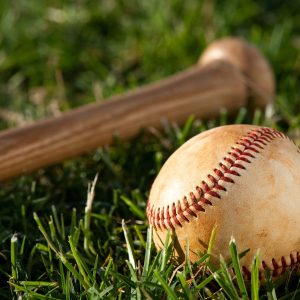

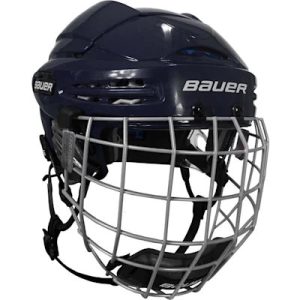
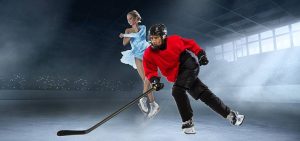

 Now the 2022 MLB season is over, it’s time to look ahead to 2023. Check out the list of upcoming baseball tournaments!
Now the 2022 MLB season is over, it’s time to look ahead to 2023. Check out the list of upcoming baseball tournaments! 